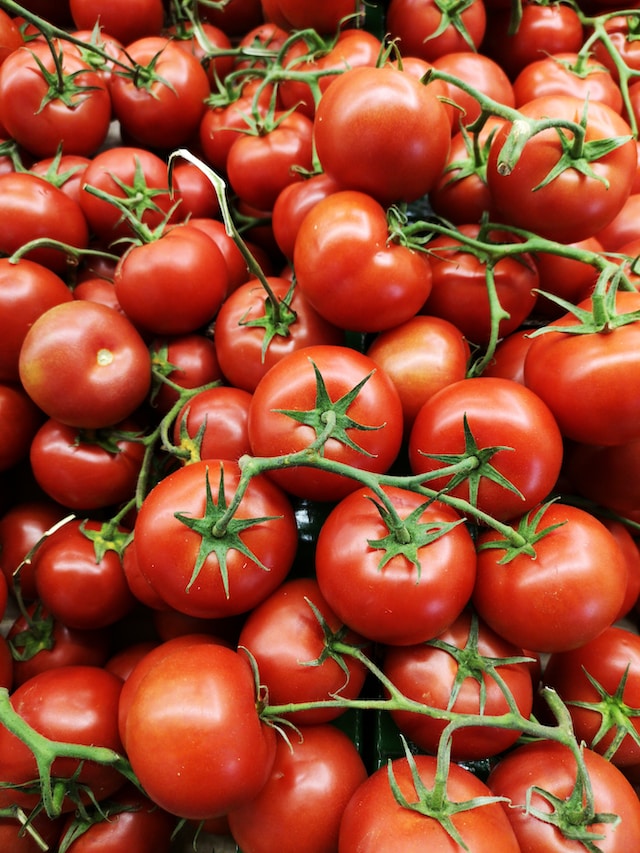W12 Tomato Update: Morocco's Rise in UK Imports, Spanish Producers Face Potential Price Violation Concerns

Shift in the UK Tomato Import Landscape Towards Morocco
The United Kingdom (UK) tomato import landscape has undergone a significant transformation, with Morocco firmly establishing itself as a key supplier. While the Netherlands retains the leading position, Spain's market share has declined steadily. The United Nations Commodity Trade Statistics Database (UN Comtrade) revealed a significant shift in the UK tomato import market over the past decade, with Morocco emerging as a dominant player and Spain experiencing a decline in market share. Morocco has overtaken Spain as the UK's second-largest tomato supplier for three consecutive years.
In 2024, Morocco's tomato sales volume in the UK market surpassed Spain's by 84%, a substantial increase compared to the 67.42% gap observed in 2021, this shift is further emphasized by a decade-long comparison. In 2014, Spain's tomato sales volume in the UK significantly exceeded Morocco's by 195.73%. However, by 2023, the gap had narrowed considerably, with Morocco's sales volume reaching 125.62 million kilograms (34.08% market share) compared to Spain's 67.93 million kg (18.43% market share).
Despite a slight decline of 10.79% in total import volume between 2014 and 2023, the UK tomato import market has witnessed an increase in value. The total import value grew from USD 555.6 million in 2014 to USD 744 million in 2023, with the average rising from USD 1.34/kg to USD 2.01/kg during the same period.
Spanish Tomato Producers Face Potential Contract Price Violations
Processed tomato producers in Spain face scrutiny regarding potential non-compliance with agricultural price regulations. Processed tomato producers in Extremadura, Spain, are planning to cultivate approximately 23.5 thousand hectares (ha) of tomatoes during the current season, with an anticipated yield of 2.115 million metric tons (mmt) of fresh tomatoes for industrial processing. According to La Unión de Extremadura, major processing companies have contracted approximately 1.2 mmt of tomatoes from Extremadura producers for the current campaign.
The contracted price for tomatoes stands at USD 140 per metric ton (mt). However, studies conducted by La Unión de Extremadura indicate a production cost of USD 13,790/ha. Considering an average yield of 86.57 mt/ha achieved in the previous season, the production cost of tomatoes translates to USD 158/mt. Spanish Law stipulates that the price received by primary producers for agricultural products must be higher than their total production costs.
La Unión de Extremadura contends that the contracted price of USD 141/mt falls short of meeting the production cost of USD 156.85/mt, thereby violating the aforementioned legal provision. The union intends to file a report with the Spanish Agricultural Information and Control Agency (AICA) regarding non-compliance with the law and request the AICA to conduct a review of all purchase-sale contracts where the price falls below USD 159/mt to ensure fair pricing structures within the agricultural supply chain.





